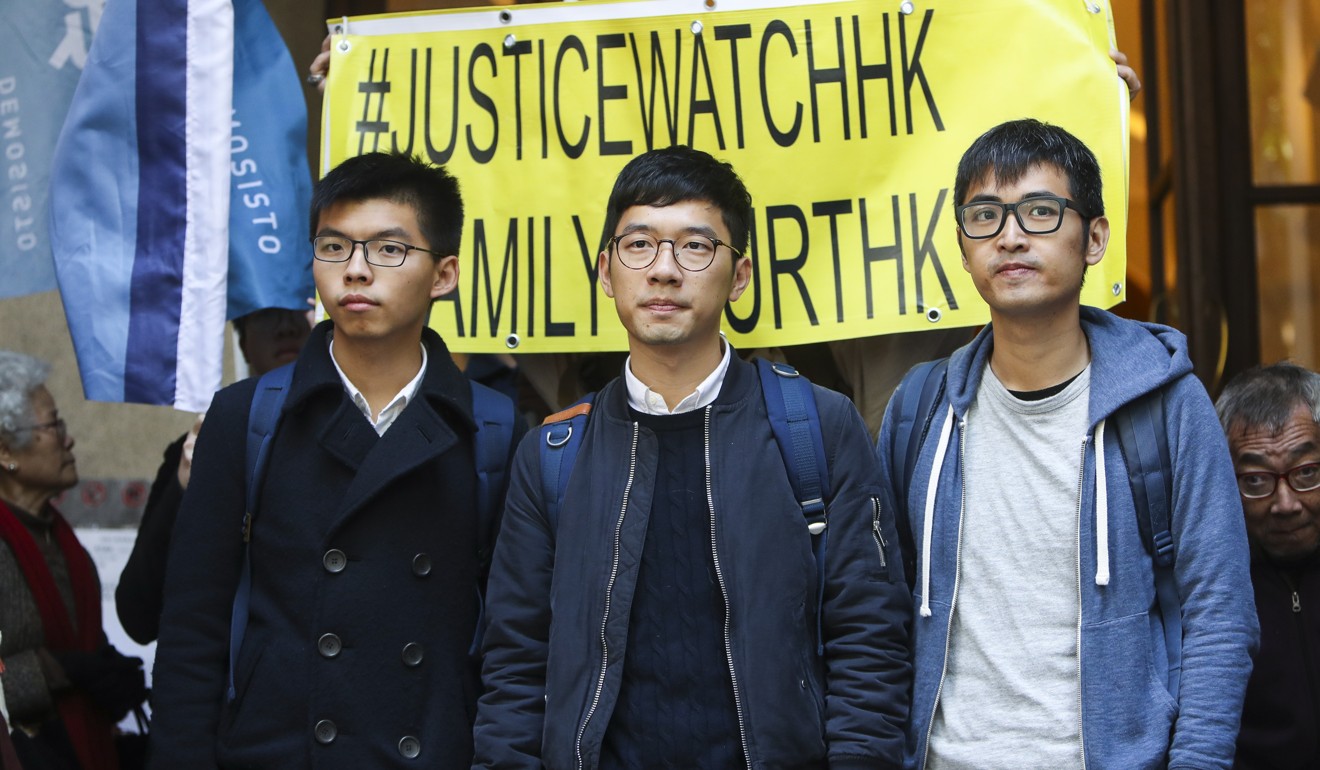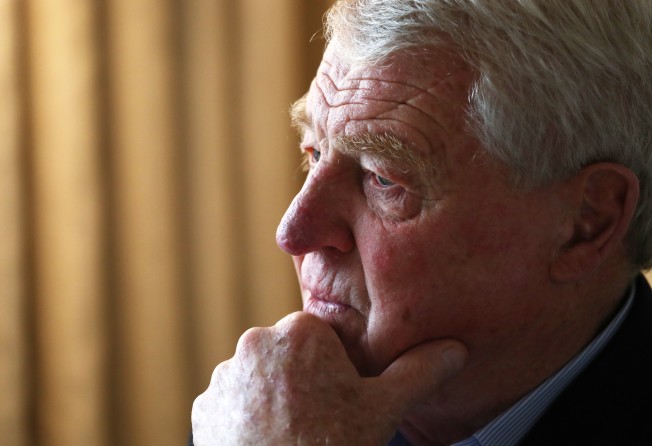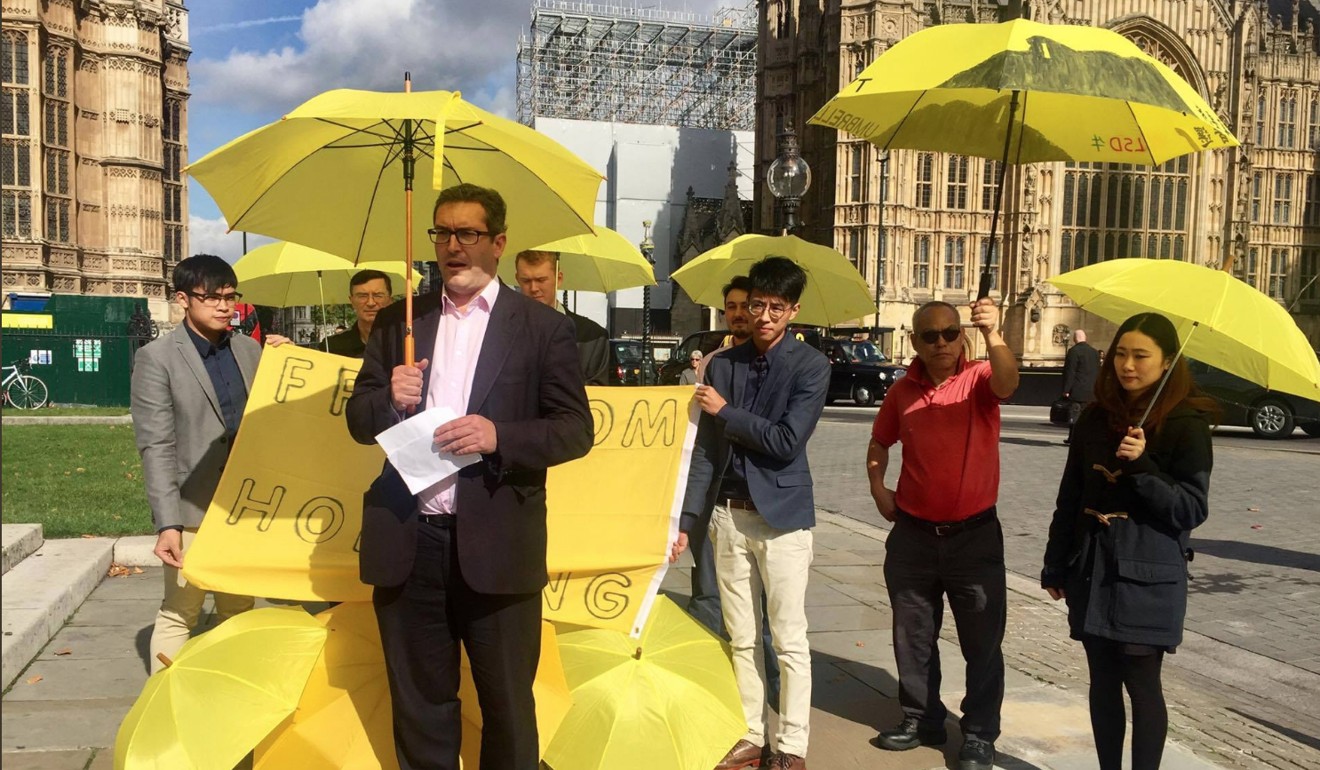
Hong Kong human rights are not ‘under fire’, despite what an outrageous report claims
Grenville Cross says the Hong Kong legal system is made up of highly professional and independent staff, despite the claims of a Hong Kong Watch report, and that it is Hong Kong Watch’s own independence – from the Umbrella Movement – that should be questioned

After the British peer, Paddy Ashdown, unveiled his report, “Hong Kong 20 years on: Human Rights and Autonomy Under Fire”, last week, Chief Executive Carrie Lam Cheng Yuet-ngor dismissed it as “unfounded and unfair”. She was right to do so, as it is deeply flawed. Ashdown, who spent several years in Hong Kong as a soldier with the British Army in the 1960s, and recently made a flying visit here, concluded, on the basis of discussions with unidentified individuals, that because of China’s meddling, the Basic Law’s freedoms “have been increasingly eroded”.
This, of course, was music to the ears of serial China- basher and former governor, Chris Patten, who, not surprisingly, was prominent in the audience when Ashdown presented the report in the House of Lords. Acting as cheerleader, he eagerly praised a “very good report”, claiming, for good measure, that the last few years have been “pretty bad” for Hong Kong.
Patten, who infamously badmouthed Hong Kong’s legal system when he visited last year, must have been in seventh heaven when he heard Ashdown claim that “the rule of law is under real and increasing pressure from Beijing”. He even took it upon himself to slam Lam’s comments as “unwise” and “over the top”, as if Ashdown could not speak for himself.
The 10-page report, however, is superficial and lacks balance, and is designed to promote a predetermined agenda.
Ashdown’s report was issued under the auspices of Hong Kong Watch, which was launched only on December 11, and of which he is a patron. Although it claims its objective is to provide “independent” analysis on freedom and human rights in Hong Kong, anyone scratching the surface quickly discerns its true nature. Its co-founder and chair, Benedict Rogers, a peripheral figure on the fringes of Britain’s Conservative Party, has taken to hosting anti-government figures visiting London, and has made little secret of his partisan views. He recently, for example, described political activists convicted of a serious public order offence – which left 10 security guards injured – as his “heroes”, a sentiment Ashdown presumably shares.

In August, after the Hong Kong Court of Appeal imprisoned Joshua Wong Chi-fung, Nathan Law Kwun-chung and Alex Chow Yong-kang, for what it called “a large-scale unlawful assembly, involving violence”, Ashdown cosigned a Guardian letter saying the lawbreakers should be “honoured”. Our judges, moreover, notwithstanding their reputation for fierce independence and utter professionalism, were denounced for “an outrageous miscarriage of justice, a death knell for Hong Kong’s rule of law and basic human rights”.
Ashdown’s letter, which drew fire from both of Hong Kong’s legal professional bodies, was also signed by his Hong Kong Watch co-patron and fellow peer, David Alton, and it even hailed the three lawbreakers as “political prisoners”, an absurdity even Patten felt unable to stomach.
In his executive summary, Ashdown alleges that “the independence of officials at the Department of Justice is in doubt”, for which he produces no evidence, nor could he. The department is staffed by professional men and women, who act with integrity in the discharge of their legal duties. They deserve credit for their commitment in often difficult circumstances, and cheap shots like Ashdown’s are beneath contempt.
Although Patten made similarly wild allegations last year, calling the Court of Appeal’s decision to imprison the lawbreakers “disgraceful”, and claiming that Beijing had a hand in the department’s decision to challenge the activists’ sentences, he also was unable to substantiate his slurs.

Ashdown, moreover, is on very thin ice indeed when, referring to the secretary for justice’s power to seek the review of sentences which are unduly lenient, he claims that the “right to be free from the hazard of double jeopardy if you break the law is widely regarded as a fundamental principle of justice worldwide”. This is poppycock, as even a layman should know. Ashdown appears unaware that in England, where he lives, the attorney general has, since 1988, also had the right to challenge unduly lenient sentences when judges make mistakes, and that this power is regularly invoked, more so than in Hong Kong. If ignorance is bliss, it can also be a danger, as when it results in ill-founded allegations being flung at Hong Kong’s legal system, which is one of the best in Asia.
Given that his report is littered with faux pas like this, it should come as no surprise to Ashdown that Lam felt she had to slap him down. Ashdown’s report is the first to have been issued by Hong Kong Watch, and it is an inauspicious start. If, as Ashdown claims, Hong Kong Watch is an “independent watchdog”, it will have to try far harder to shed its image as the London branch of the Umbrella Movement.
Grenville Cross SC is a criminal justice analyst